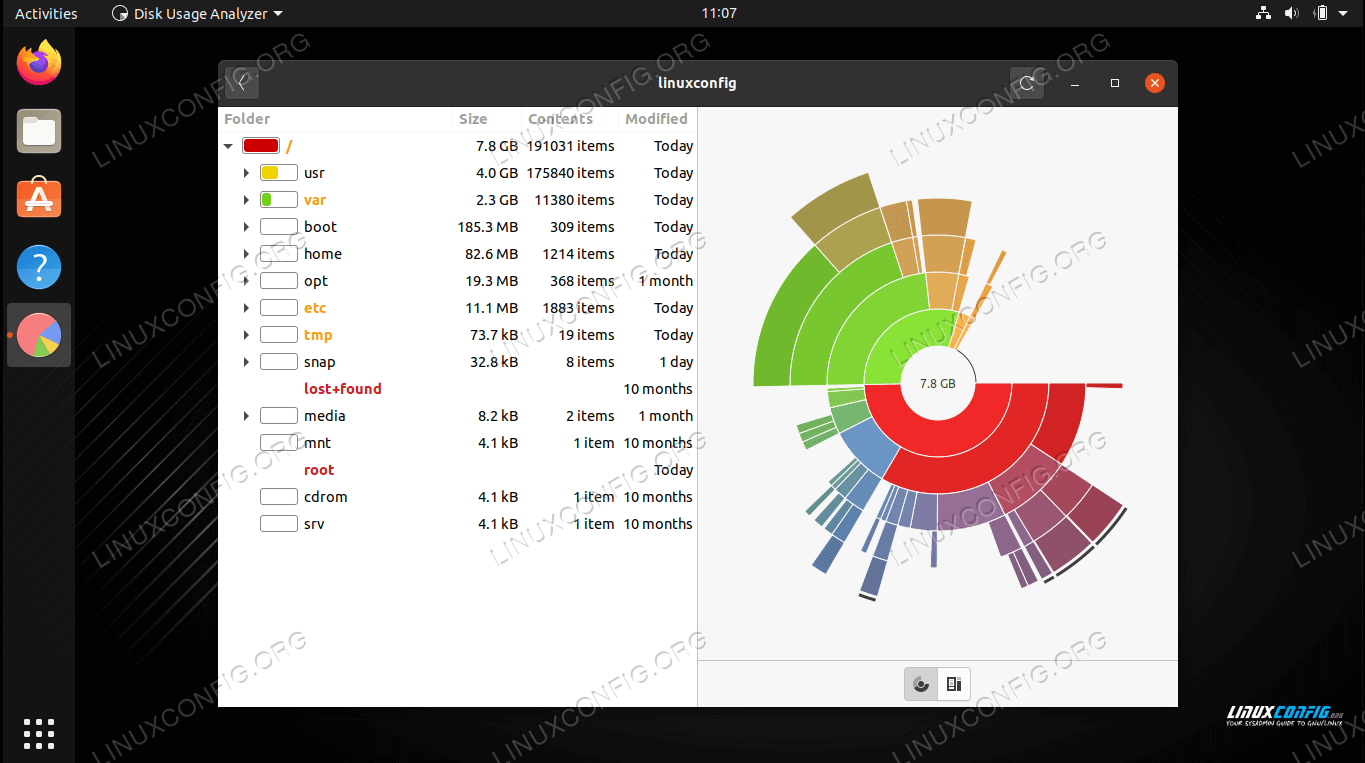
MIC data for Neisseria gonorrhoeae isolates can be found on the CDC Division of STD Prevention (DSTDP) Antimicrobial Resistant Gonorrhea website: STDs: Data & Statistics (Gonococcal Isolate Surveillance Project (GISP) Profiles and Annual Reports). CDC will continue to expand this database to include data from additional bacterial and fungal isolates and data from new antimicrobial drugs.

We provide a description of the isolates tested with each dataset. Although differences in restriction maps and flanking sequences of these genes occur in different strains and species, it is hard to imagine how Act could play. The downloadable data contain tables and graphic representations that display minimum inhibitory concentration (MIC) distributions for various bacteria and Candida. Some key points: this transmission is typically very easy and results from close, casual contact. CDC is making these data available online for use in setting breakpoints for interpretation of antimicrobial susceptibility testing. The downloadable data contain tables and graphic representations that display minimum inhibitory concentration (MIC) distributions for various bacteria and Candida. An infectious disease is contagious when it spreads through direct, bodily contact with an infected person, their discharges, or an object or surface they’ve contaminated. CDC is making these data available online for use in setting breakpoints for interpretation of antimicrobial susceptibility testing. Etest is a reference method for antifungal susceptibility to amphotericin B in accordance with CLSI M-27e4. There are several ways that this can happen: Hematogenous (blood-borne) spread. Creates a clickable map of the data on your disk, color-coded by type Provides additional information about specific data when you click on an item on the map Easily reveal specific folders. Non-Contiguous memory allocation allocates separate blocks of memory to a file/process. CDC laboratories default method is broth microdilution using frozen in-house prepared panels according to standards established by the Clinical and Laboratory Standards Institute (CLSI Documents: M7 for bacteria M27 with M60 for Candida). Discospondylitis occurs when bacteria or fungi reach the intervertebral disks. Contiguous memory allocation allocates consecutive blocks of memory to a file/process.
#Contagious disk map windows
NTFS (New Technology File System): This is a more advanced file allocation method that is used on Windows operating systems. Storage Spaces has three primary objects - physical disks (hard drives, SSDs, etc.



 0 kommentar(er)
0 kommentar(er)
